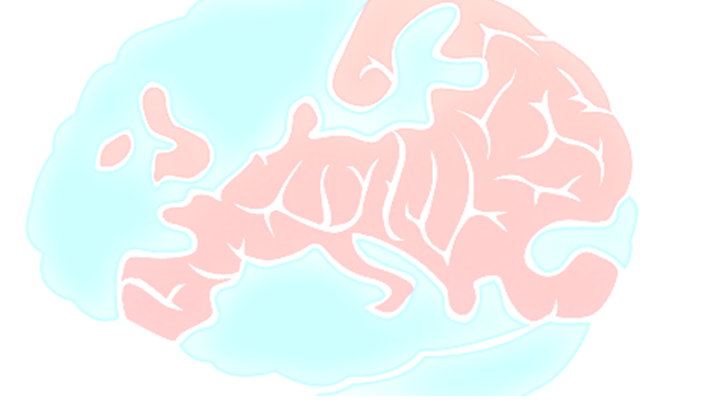
by Amandine Charley. Originally published on 2013/10/11
As every year, on September 11, many Catalans celebrated La Diada, the national day in Catalonia, commemorating the siege of Barcelona against the Bourbons in 1714, which dramatically reduced Catalonia’s autonomy. This year the festivities of the Diada were of special importance as Catalans formed a spectacular 400 kilometres long human chain on the road from Perthus to Alcanar to ask for their independence.
The bone of contention between Catalonia and Madrid.
In addition to a different language and culture, money is “the sinews of the war” between Catalonia and Madrid. Economic concerns underpin the conflict as Catalonia alone produces 20% of Spanish GDP. The region is the industrial powerhouse of the country and receives almost one fourth of foreign investments to Spain. The prosperity of the region contrasts clearly with the economic downturn of the rest of the country. For several years Catalonia has relentlessly accused Madrid of running a fiscal imbalance and has adopted a regionalist stance asking for more autonomy. The recent economic crisis has exacerbated the tensions between the Catalans and Madrid as the former blames the latter for its poor management of its resources.
A reluctant European Commission.
Until now, Brussels has never expressed its position concerning the pro-independence voices arising across the Old Continent, thus perpetuating the legal vacuum of the treaties regarding cases of secession. However, for the first time, this changed on September 16 when top EU officials made it clear that an independent Catalonia would become a non-EU state and would require a new process of adhesion to the union. The European Commission Vice-president Joaquim Almunia stated that if part of a member state becomes independent, “the segregated part is not an EU member” followed by the statement of the EC spokesperson Pia Ahrenkilde Hansen that “’Scenarios such as the separation of one part of a member state or the creation of a new state, as we have recall on numerous occasions, would not be neutral as regards to the EU treaties. (…) So in other words, an independent state, because of its independence, would become a third country vis a vis the EU and as of the day of the independence the EU treaties will no longer apply”.
This view has been corroborated by Honorary General Director of the EC Francisco Granell in the Spanish newspaper El Pais on September 28. Granell outlined the scenario for Catalonia and confirmed that independence would mean difficulties to be recognized as a state by the Security Council of the United Nations (especially Russia and China) and would require negotiations to enter the EU as a new member state. Granell underlined that the same is also true about the Eurozone from which Catalonia would certainly be excluded because it is directly linked to EU membership. Francesco Granell explained that only a modification of the treaties could avoid such a situation but doubted that this is likely to happen. He even went further by stating that an independent Catalonia would become a failed state just like Somaliland or Kosovo, if it lacks the support of the European Central Bank.
Avoiding a spill-over effect?
This unprecedented reaction and position on the part of the European Commission raise some questions about ending a legal “no man’s land” in international law about secession situations and particularly in Europe: indeed, there are no provisions for cases of independence and secession. The recent declarations from EC officials may aim at discouraging other strong regions from seeking independence and avoiding a domino effect on the continent. As we already know, a referendum in Scotland of September 18, 2014 will decide whether the region will become independent from the United Kingdom or not. In the same way, supporters of an independent Flanders regularly paralyse politics in Belgium and represent a threat to the future of the federal institutions. These are a few examples of the regionalist movements which are gaining ground in Europe.
In any case, the reaction from the EC may represent the first step towards a more proactive EU on an increasingly sensitive political issue that were kept under silence but may prove a game changer.

 The European Union in Space: From exploration and innovation to security and autonomy
The European Union in Space: From exploration and innovation to security and autonomy  The Rise of the Right: The Threat Right-Wing Extremism Poses to Women and Feminist Efforts in Germany
The Rise of the Right: The Threat Right-Wing Extremism Poses to Women and Feminist Efforts in Germany  The silent shield – how special operations safeguard the global supply chain
The silent shield – how special operations safeguard the global supply chain  The Human Factor: How Personality and Psychology Drive Crises
The Human Factor: How Personality and Psychology Drive Crises 


